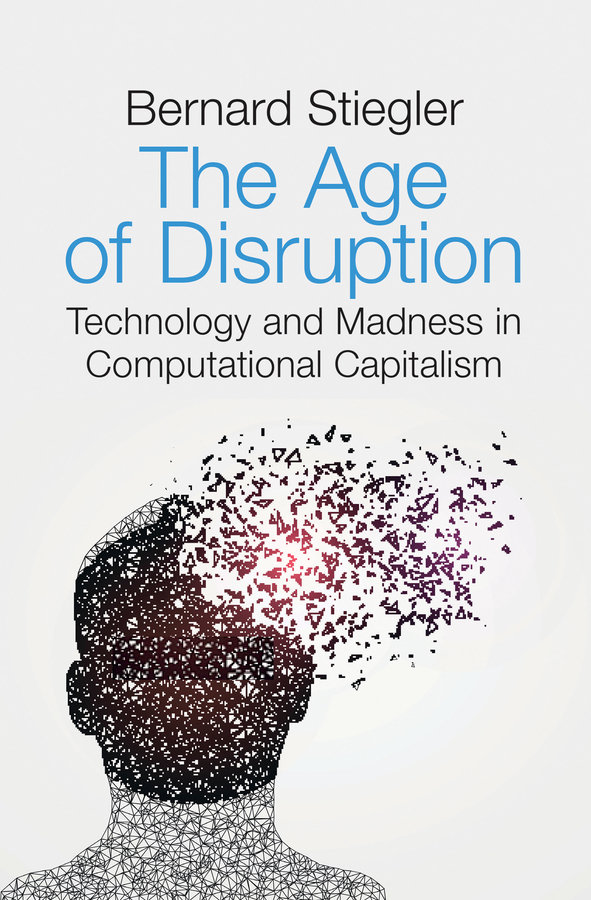Half a century ago Adorno and Horkheimer argued, with great prescience, that our increasingly rationalized world was witnessing the emergence of a new kind of barbarism, thanks in part to the stultifying effects of the culture industries. What they could not foresee was that, with the digital revolution and the pervasive automation associated with it, the developments they had discerned would be greatly accentuated, giving rise to the loss of reason and to the loss of the reason for living. Individuals are now overwhelmed by the sheer quantity of digital information and the speed of digital flows, resulting in a kind of technological Wild West in which they find themselves increasingly powerless, driven by their lack of agency to the point of madness.How can we find a way out of this situation? In this major new book, Bernard Stiegler argues that we must first acknowledge our era as one of fundamental disruption and detachment. We are living in an absence of epokhe in the philosophical sense, by which Stiegler means that we have lost our path of thinking and being. Weaving in powerful accounts from his own life story, including struggles with depression and time spent in prison, Stiegler calls for a new epokhe based on public power. We must forge new circuits of meaning outside of the established algorithmic routes. For only then will forms of thinking and life be able to arise that restore meaning and aspiration to the individual.Concluding with a dialogue between Stiegler and Jean-Luc Nancy, this book will be of great interest to students and scholars in social and cultural theory, media and cultural studies, philosophy and the humanities generally.


